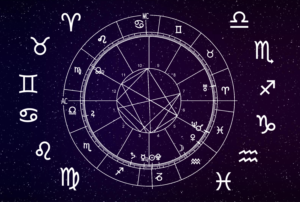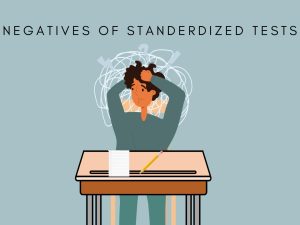When it’s mainstream to be mean

January 6, 2020
Having a positive social presence online is crucial. Whether its sharing a fun travel picture, making an online friend, or even commenting something kind on a friend’s post, it all affects your online image. There are so many wonderful ways to spread positivity online, but sometimes too much freedom has negative consequences.
From sexism to shaming mental illness, unfortunately, the internet is a sea of offensive jokes and toxic trends. Most of these jokes are not under the observation of mainstream media (unless they cause a major outrage). Due to these problems being overlooked, many influencers continue to spread a negative and hurtful message through their online content. This all comes down to the issue of toxic people hiding behind screens.
For instance, popular YouTuber Logan Paul made a video on Japan’s ‘Suicide Forest’ in early 2018. This is already an inappropriate subject, but worse a vlog, let alone the extent he went to. In this disturbing video, Paul vlogged himself walking through the forest until he came across a dead body. Instead of turning off the cameras and contacting the authorities, he continued to be extremely disrespectful by laughing, continued to film through the rest of the video with his buddies. The public didn’t take the video lightly, and in the week after its release, he lost 6,000 subscribers. Though he gave an apology video, his choices were extremely unacceptable, especially because he has a predominantly young audience. Kids being exposed to this kind of behavior can alter what they believe is right and wrong.
Many platforms such as TikTok and Instagram also cater to young people. Videos on this platform making fun of disabilities and mental illnesses have rapidly become more popular among viewers. In one trend, funny audio will be playing in the background while a person fakes hanging themselves. Needless to say, this is extremely insensitive. On TikTok specifically, there’s an option to ‘duet’ a video. Many users have reacted to these disturbing videos for entertainment. These videos have quickly spread to Twitter, Instagram and Facebook as well.
Some teens may think lightly of topics like this and tend to overlook its offensive nature. The same goes for using slurs and slanders in songs and lipsync videos. In many cases, people repeat offensive slang without knowing its true meaning. Likewise, there are those who know how hurtful these words can be, yet say them anyway. A common issue with so many offensive trends is that they aren’t taken seriously. When influencers get called out they often state that things like ‘oh, I’m just joking’, or ‘it’s not that serious!’. They are unaware that their words have a huge effect on their audience and other influencers.
In addition to toxic trends, the comments influencers receive from their audiences can be equally, if not more damaging. There’s unfortunately, always going to be internet ‘trolls’ and people looking for attention but sometimes these things are taken much too far. In early 2018 after the release of the Star Wars: The Last Jedi, actress Kelly Marie Tran was harassed by fans online due to the unpopularity of her character, Rose. This cyberbullying got to the point of threats, hate mail, and racist comments. Soon after, she went on an Instagram hiatus and has yet to return after so much hatred was set on her. In this case, it’s truly evident that cyberbullies don’t know when it’s time to stop. The actions of these ‘fans’ were horribly unacceptable. No amount of online hatred or harassment should be tolerated.
It’s important to keep a positive online image and treat everyone with equal respect. Just because your opinion differs from someone else doesn’t give you permission to degrade someone else. Next time you log onto your social media account, remember to ask yourself “Do I really need to say this?”









